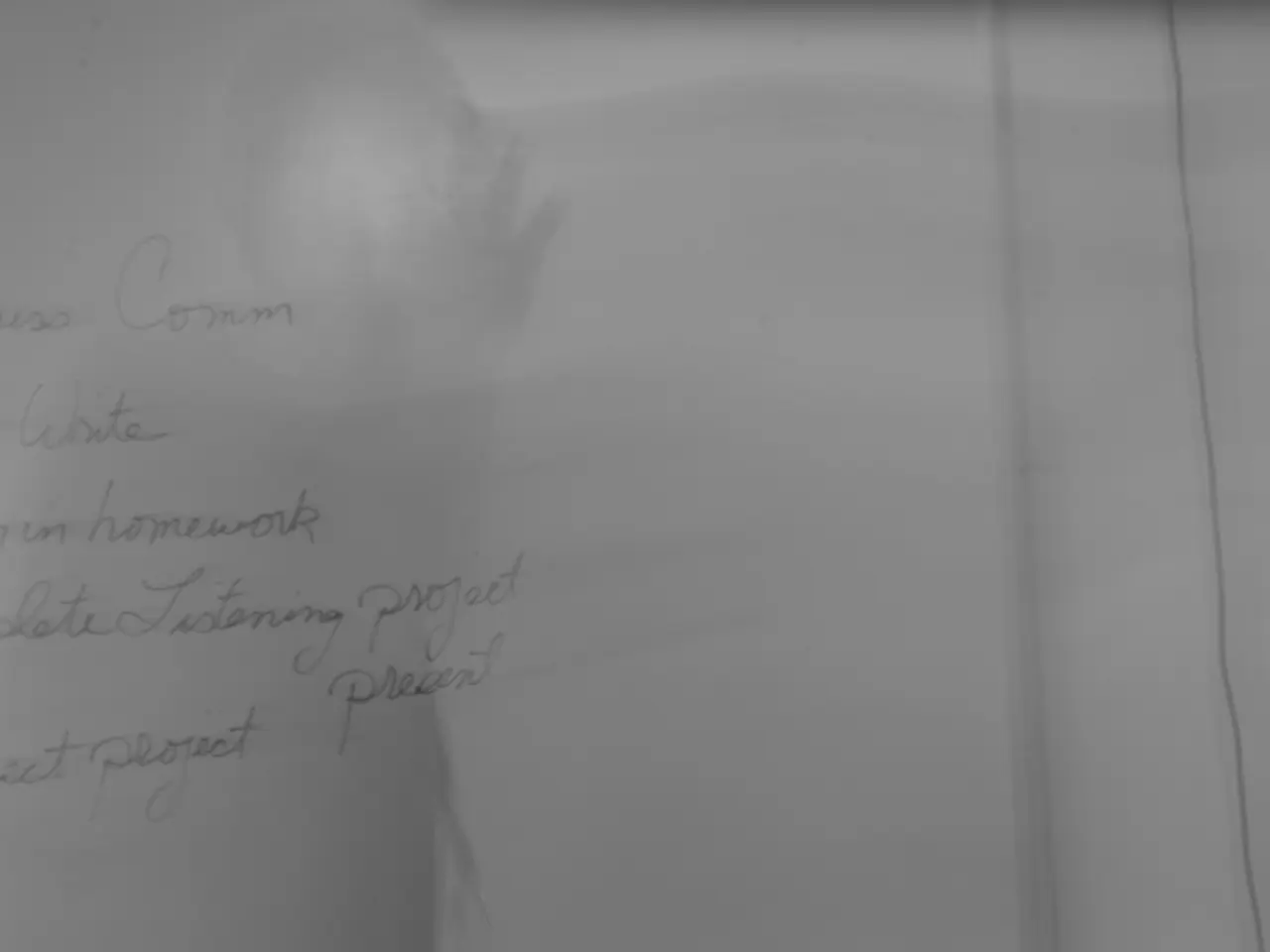Overcoming Undesirable Patterns: Detailed Guide for Change
In today's fast-paced world, habits can make or break our lives. Whether it's waking up feeling tired, scrolling through social media, or eating unhealthy snacks, we all have habits that might be hindering our personal growth. This guide aims to help individuals understand the science behind habits, identify undesirable behaviors, set clear goals, and implement effective strategies for change.
Understanding the Science Behind Habits
Habits are automatic behaviors that are triggered by cues and reinforced by rewards. The process involves three main components: cue, routine, and reward. By understanding these elements, we can better comprehend how habits form and persist, and how to change them.
Identifying Bad Habits
The first step in breaking bad habits is recognizing them. Pay attention to your daily routines and identify actions that you want to change. Use a journal or app to monitor when and how often you engage in these habits, and assess their impact on your life and well-being.
Setting Clear Goals
Once you've identified the habits you want to change, it's important to set clear, achievable, and specific goals. Start with a single habit you want to change or a new one you want to adopt. Make sure your goals are realistic and aligned with your lifestyle. Clearly outline what success looks like for you.
Creating Replacement Habits
Replacing bad habits with healthier ones can make habit change easier and more enjoyable. Find alternatives to replace bad habits. For example, if you always grab a snack when stressed, replace it with a short walk or meditation. Break down the new habit into small, manageable steps to increase adherence.
Implementing Behavior Change Techniques
Implementing behavior change techniques can help make new habits stick. Use positive cues before and after your new habit to reinforce it. Link new habits to existing routines to create triggers. Monitor your progress using a journal or app to stay accountable. Celebrate small wins to maintain motivation.
Overcoming Obstacles
Anticipate challenges and plan strategies to overcome them. Be flexible and adjust your approach as needed. Seek support from friends or family to provide encouragement and accountability.
Staying Accountable
Regular reflection on your progress and adjusting strategies as needed is crucial. Partner with someone working on similar goals to maintain motivation and accountability. Consistency is key - stick with your new habits consistently over time, even when motivation fluctuates.
By following these steps and understanding the underlying science of habits, you can effectively break bad habits and establish new positive ones. This guide will explore the science behind habits, help identify bad habits, set goals, create new habits, and overcome hurdles, leading to a refreshed morning, increased productivity, and healthier choices.
Focus on understanding the science behind habits to effectively break bad ones and establish new, healthier routines. Self-improvement begins with identifying undesirable behaviors that may be hindering personal growth. Recognize these habits through daily self-assessment and journaling, noting their impacts on well-being.
Set clear, achievable goals for behavior change, focusing on a single habit at a time. Ensure objective criteria for success in education-and-self-development, keeping goals realistic and aligned with your lifestyle.
Replace bad habits with positive ones, such as adopting healthy habits like regular exercise or meditation, rather than constantly snacking when stressed. Break down new habits into manageable steps to increase adherence.
Implement behavior change techniques to facilitate the persistence of new habits. Use positive cues, link new habits to existing routines, and monitor progress using apps to stay accountable. Celebrate small wins to maintain motivation for personal-growth.
Overcoming obstacles requires anticipating challenges, planning strategies, and seeking support from friends or family. Stay committed, consistent, and flexible in your pursuit of well-being, focusing on the long-term benefits of success.




